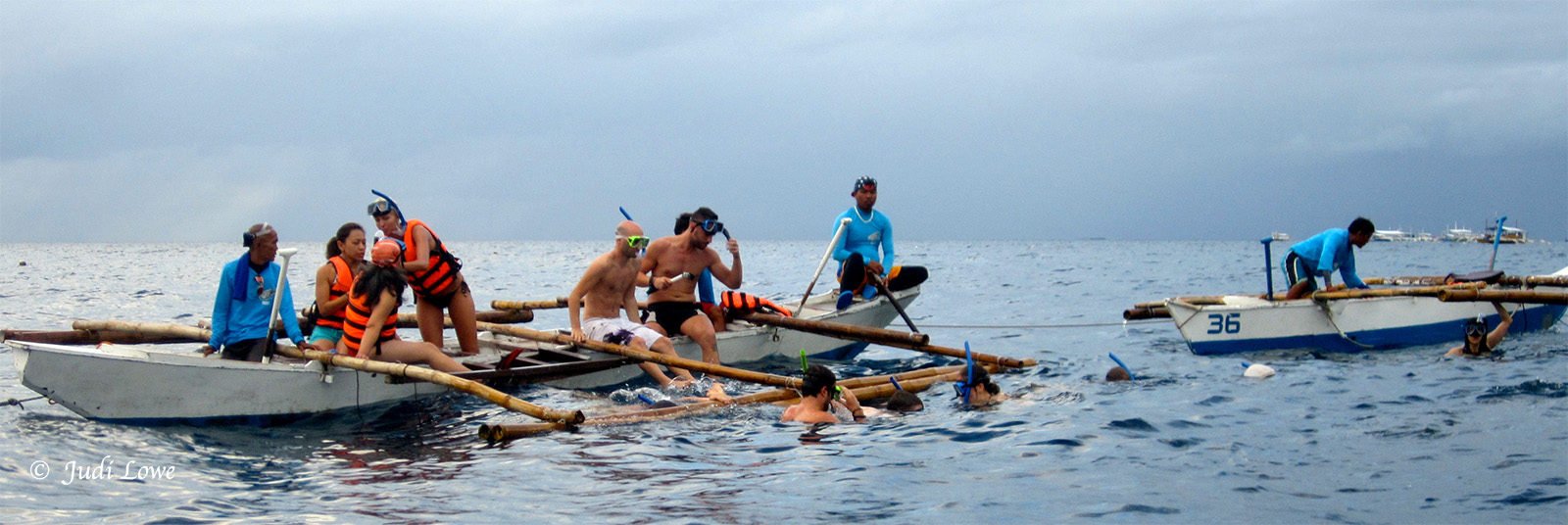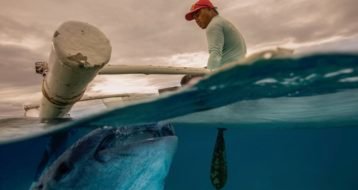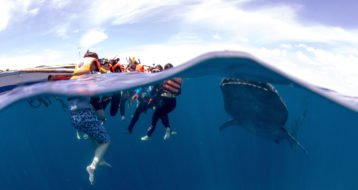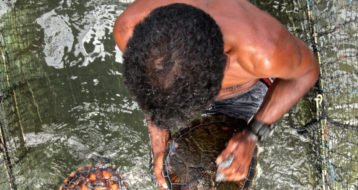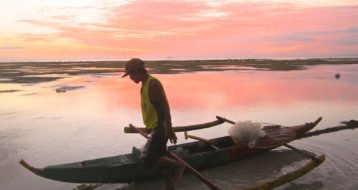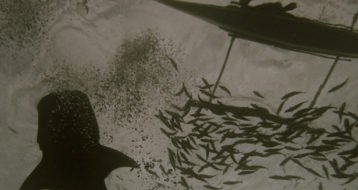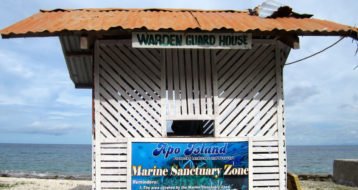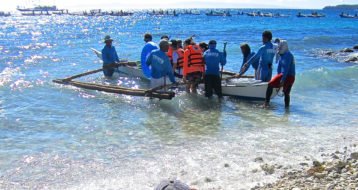judi’s research
Judi’s research investigates dive tourism and its impact on integrated coastal management and livelihoods for artisanal fishers. Integrated coastal management is a widely accepted model for conserving coral reefs and coastal areas which takes into account all of the factors needed for marine conservation to be socially, environmentally and economically successful.
When we talk about artisanal fishers, we mean small scale fishers who fish for subsistence or local markets, using traditional fishing techniques. You will see artisanal, or local fishers, all over the tropics, fishing for their families and for small incomes.
More than 275 million people live in poverty along the shores of coral reefs in the tropics, depending on them for food and income security. In many less developed countries, local fishers and communities have traditional marine tenure, or rights of access to coral reefs and marine resources near their villages. Although traditional marine tenure is rarely recognised in law, it is often recognised by local people and neighbouring communities. Traditional marine tenure with a right of access to marine resources below the high tide mark is not always a familiar concept to dive operators, many of whom come from common law or civil law countries, where marine resources below the high tide mark are open access – anybody can use them. Conflict can arise where dive operators do not recognise traditional marine tenure and try to exclude local fishers from traditional fishing grounds around dive sites.
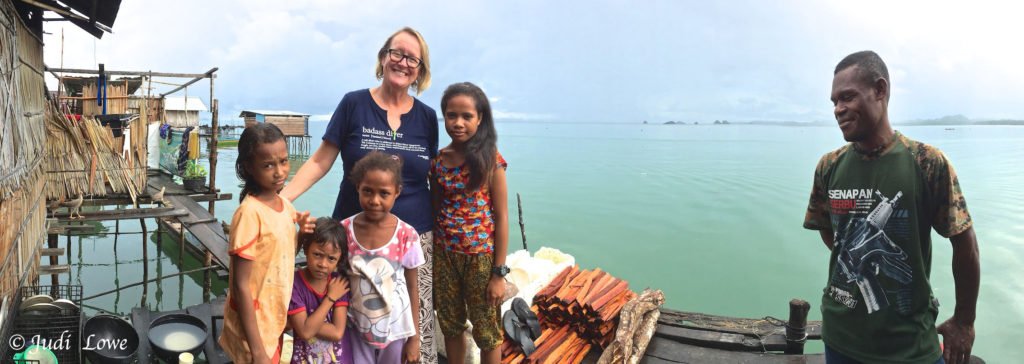
With a fishing family in their water village home, in remote southern Raja Ampat, Indonesia
Judi’s research surveyed dive operators in 112 less developed countries in the tropics to find out:
- what dive operators do now for integrated coastal management;
- whether dive operators recognise the traditional marine tenure of local fishers (where it exists);
- whether dive operators provide livelihoods to local fishers and communities, and
- whether livelihoods from dive tourism have any effect on reducing destructive fishing.
Judi then researched three bright spot case studies of dive operators who use integrated coastal management to produce exceptional results in conserving coral reefs, fish and marine resources and in providing livelihoods for local fishers and communities. Bright spot case studies help us to learn from something that is working. We can then figure out whether other dive operators around the tropics can replicate that success. The results from Judi’s quantitative survey and bright spot case studies have allowed her to build a model of best practice dive tourism. If dive operators are using best practice dive tourism to do the most that they can to conserve coral reefs and marine resources and provide livelihoods for fishers, what would that look like and how do you do it? Judi’s research answers these questions.

Recently awarded Best PhD Student Presentation from around 500 postgraduate presentations at the 13th International Coral Reed Symposium (ICRS) in Hawaii, 2016, the quality and contribution of Judi’s research is recognised at the highest levels of coral reef science. Held every four years, ICRS is the primary international meeting focused on coral reef science and management. Around 2,500 coral reef scientists, policy makers and managers from 70 nations gathered to present the latest research findings, case histories and management activities and to discuss the application of scientific knowledge to achieving coral reef sustainability.


